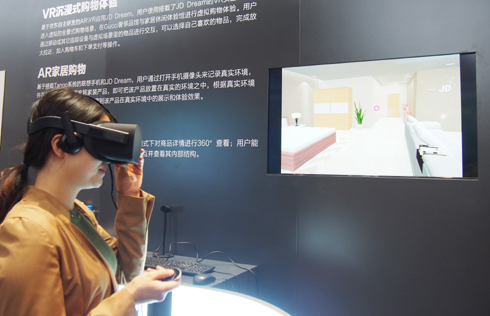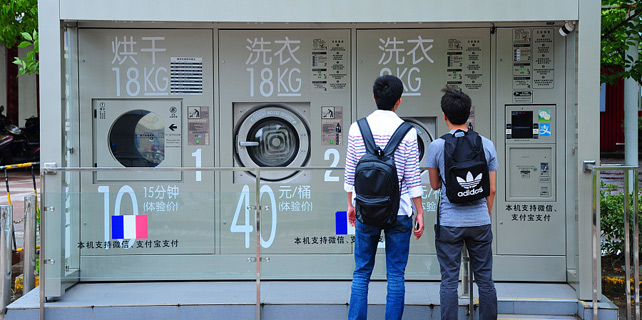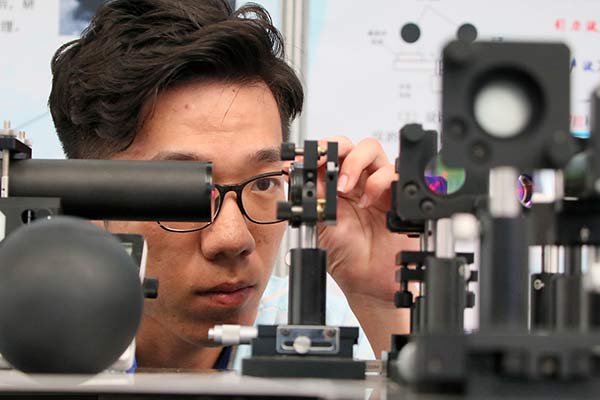

Measures to cut government interference, give more power to market and society
China's new leadership has taken measures to further cut government interference in the economy and streamline services, a major step forward in giving market forces more power.
The key to transform government functions lies in delegating more power to the market and society, while cutting government approvals is seen as a breakthrough toward achieving that goal.
Approval previously required for 133 types of undertakings, ranging from building an F1 formula car racing circuit to companies investing in large oil and gas fields, was either surrendered to the market or delegated to lower level authorities, the State Council announced in May.
The National Development and Reform Commission, China's major economic policymaker, saw its approval authority massively reduced, giving up 26 business activities, including expansion of civilian airports, ethylene or paraxylene plants, paper pulp manufacturing and the production of sugar and polyester.
A list of items previously subject to central government approval are to be delegated to local governments, including investment in wind power plants, hydropower stations on some rivers, potash fertilizer plants, rare earth processing mills and construction of oil and gas pipelines within a province.
The moves follow Premier Li Keqiang's pledge to streamline the government since he took office in March. He earlier said he plans to cut at least one-third of the central government's 1,700 approval requirements in five years.
In a speech at a State Council meeting on May 13, Li stressed that streamlining of the Cabinet will continue just as "an arrow sees no return once it is shot from the bow".
The changes were welcomed by economists as an effort to lower the threshold for investors to enter more industries.
 China Post issues stamps to celebrate Children's Day
China Post issues stamps to celebrate Children's Day
 Live streaming boosts zongzi sales
Live streaming boosts zongzi sales
 Big Data Expo opens
Big Data Expo opens
 Smart sharing washing machines available in Shanghai
Smart sharing washing machines available in Shanghai
 Innovative designs highlight industrial design week
Innovative designs highlight industrial design week
 Smart tech to shake up delivery industry
Smart tech to shake up delivery industry
 Chinese youths showcase innovative talents at tech competition
Chinese youths showcase innovative talents at tech competition
 Butterfly wings to inspire new solar power technology
Butterfly wings to inspire new solar power technology